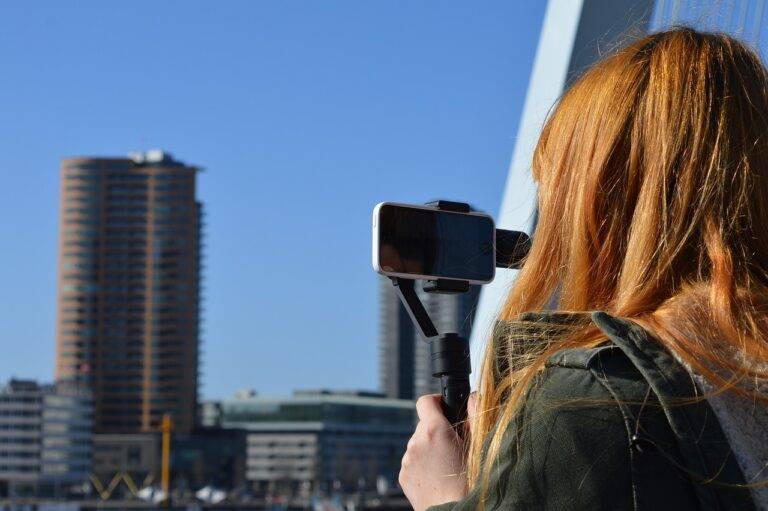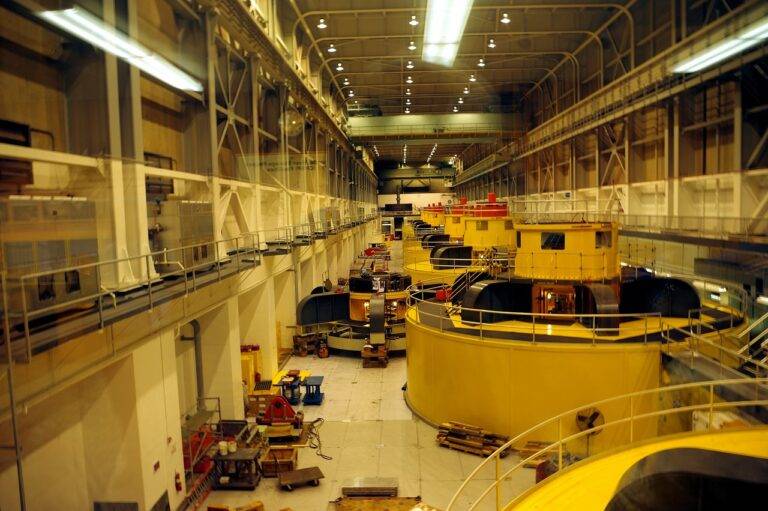The Influence of Tech on Urban Development: Smart Cities
Urban planning and development face numerous challenges in today’s fast-paced world. One major obstacle is the rapid urbanization rate, leading to strain on infrastructure and services. As cities grow, the demand for housing, transportation, water, and energy increases, necessitating innovative solutions to meet the needs of the expanding population.
Furthermore, environmental concerns pose a significant challenge to urban planning and development. Balancing the need for urban expansion with the preservation of green spaces, wildlife habitats, and sustainable practices is a constant struggle. Climate change exacerbates these issues, putting additional pressure on city planners to create resilient and eco-friendly urban environments for future generations.
• Rapid urbanization leads to strain on infrastructure and services
• Demand for housing, transportation, water, and energy increases as cities grow
• Innovative solutions are necessary to meet the needs of the expanding population
• Environmental concerns such as preserving green spaces and wildlife habitats
• Balancing urban expansion with sustainable practices is a constant struggle
• Climate change adds pressure to create resilient and eco-friendly urban environments
Integration of Internet of Things (IoT) in Urban Infrastructure
The integration of Internet of Things (IoT) in urban infrastructure has revolutionized the way cities function. By interconnecting everyday devices and systems through sensors and software, IoT has provided valuable data for efficient decision-making processes. From smart traffic management to waste disposal, cities are harnessing the power of IoT to enhance the quality of urban living.
With the deployment of IoT in urban infrastructure, monitoring and managing resources have become more streamlined and effective. Real-time data collection allows for proactive maintenance of critical infrastructure such as bridges, roads, and utility systems. This proactive approach not only ensures the longevity of urban assets but also improves overall operational efficiency, ultimately benefiting the residents of the city.
Impact of Artificial Intelligence on Urban Services
Urban services are undergoing a transformative period with the integration of artificial intelligence (AI) into various aspects of city management. AI technologies are being harnessed to optimize traffic flows, enhance public safety measures, and improve waste management systems. These advancements not only streamline operations but also pave the way for more sustainable and efficient urban living environments.
One key area where AI is making a significant impact is in the realm of smart energy management. By leveraging AI algorithms, cities can better monitor energy consumption patterns, predict peak usage times, and allocate resources more effectively. This proactive approach not only reduces costs for both the city and its residents but also contributes to overall energy conservation efforts.
What are some of the challenges in urban planning and development that can be addressed with the help of artificial intelligence?
Some challenges include traffic congestion, waste management, energy consumption, and public safety. AI can help optimize these processes and improve overall efficiency.
How can the integration of Internet of Things (IoT) in urban infrastructure benefit city services?
IoT can help collect real-time data on various aspects of city services, such as traffic flow, energy usage, and waste management. This data can then be analyzed by AI algorithms to make informed decisions and improve overall efficiency.
How does artificial intelligence impact urban services?
AI can help cities optimize services such as transportation, waste management, energy consumption, and public safety. By analyzing real-time data and predicting trends, AI can help cities make informed decisions and improve overall quality of life for residents.





